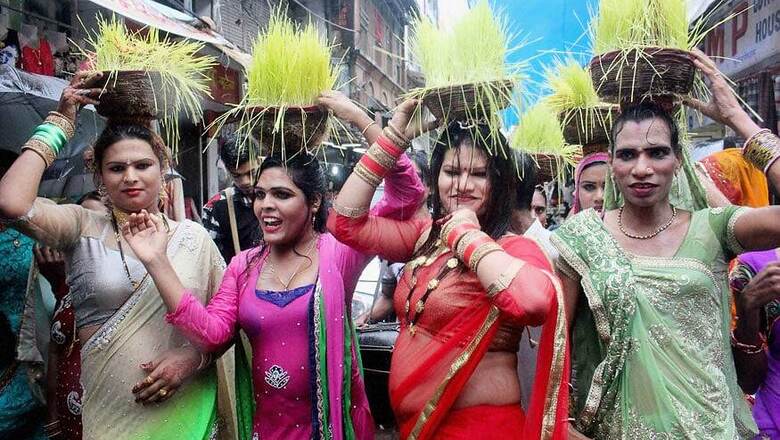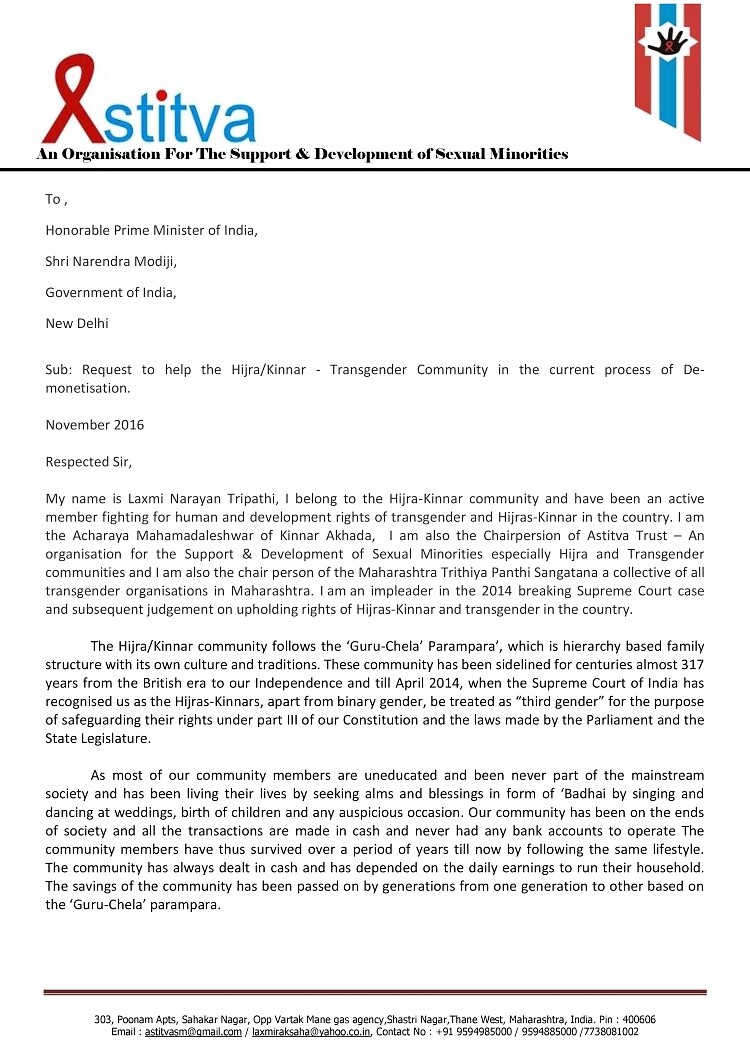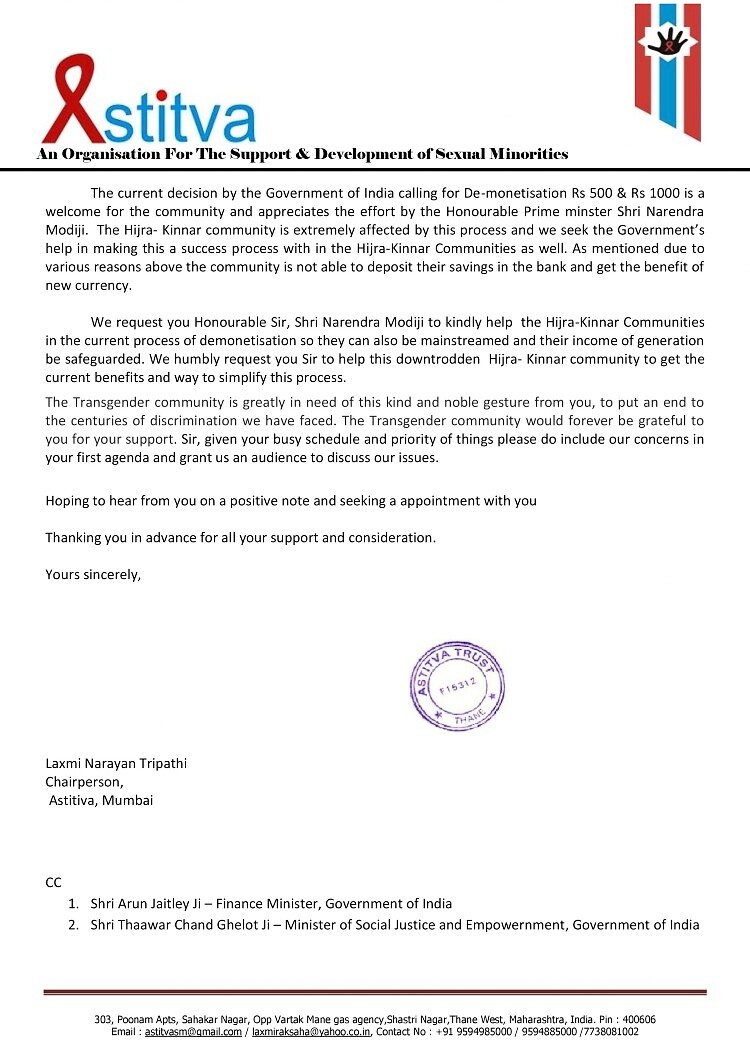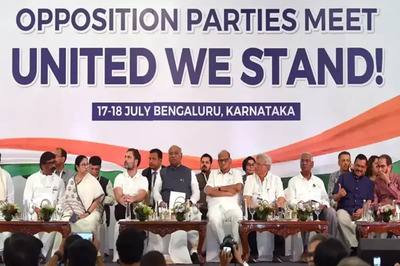
views
The transgender community in the national capital has been hit hard by the Centre’s overnight scrapping of Rs 500 and 1,000 currency notes so much so that one of the organisations working for the welfare of the community has sent a letter to the Prime Minister’s Office.
Laxmi Narayan Tripathi, a forerunner in the LGBT (Lesbian-Gay-Bisexual-Transgender) movement in the country and chairperson of NGO Astitva, told News18 that they have received an acknowledgment from the PMO.
Most of the transgender community in India have been never a part of mainstream society. They earn a living by either begging or dancing at weddings & birth ceremonies. The worse off take to prostitution. But the recent move to scrap Rs 500 and 1000 notes has all of them in dire straits.
Sweety, who lives with 17 other friends at the Badi Masjid Gully near Subhash Garden, had her make-up on and a bling dress ready to wear but says she has nowhere to go. “I understand the move is aimed to curb black money but we don’t have savings or money stocked up in banks. It’s daily earning for us and with customers lining up at banks, there is hardly any business left for us.”
Another community living at a cramped up lane near Hari Nagar’s Beri Walah Baag have hardly had any business since the last couple of days. With weddings being cancelled or being downsized, they are surviving either by taking credit from their neighbors or local shopkeepers.
The worst off are those who have taken to prostitution. Mahek, a transgender who recently underwent an emasculation surgery lives in a slum near Mehrauli. A dancer by the day, she is usually seen at Dhaula Kuan at night soliciting small-time vendors or rickshaw-wallahs.
“I used to solicit big customers travelling in posh cars, but in the last few days, I was used and dropped off. One of the men even joked and said ‘Paytm kardu?,” said Mahek.
“We are the worst affected like no one else. Mostly people tell us that they will pay us at a later date, which we know will never happen,” said Ramila, guru of all the other transgenders living at what the locals call the ‘Hijron ka Makaan’ (House of Transgenders) at Beri Wala Bagh.
“The entire transgender community works on the lines of the ‘guru-chela’ (teacher-student) tradition and all the earnings we have are often savings in hard cash. These savings are passed on from generations to generations, which cannot suddenly be deposited in the banks. This move to scrap the notes should have some concession for us, as we are already living on the fringes of the society,” Astitva’s Tripathi said.
“Everyone thinks we can go to the bank and solve our problems. But most of us do not have any savings. If we all earn Rs 4,000 one night, then we divide it among out guru, chelas and helpers while the rest goes for make-up, clothes, and food. We hardly have anything at the banks,” said Roshni, a 30-year-old transgender at a Laxmi Nagar shanty.
They complained of discrimination from the common public at the long queues near ATMs and banks. “Firstly, many of us don’t have banks because of the identity issue we face. Secondly, some of us who managed to get an account were often pushed aside by men and women at these lines. Centuries of prejudice cannot fade away so soon,” said Sakshi, a transgender who stays at Laxmi Nagar during the day and spends her night at Paharganj.






















Comments
0 comment